The artist Sir Howard Hodgkin had his studio in an old dairy close to the British Museum in London. Instead of the rattling of milk bottles, there was a contemplative silence in which his unfinished canvases faced the wall, some of them for years on end. They were that rare commodity, works of modern art that the public actually liked.
Lucian Freud planted his easel on bare floorboards, surrounded by piles of soiled rags and with gouts of paint splashed up the skirting board. For him, “working from home” was like being in a field hospital at the Battle of Trafalgar. By contrast, I remember the atelier of Gilbert & George, the odd couple of contemporary British art, in Whitechapel as a spotless gun-metal tank, jet-washed by an assistant in trawlerman’s waders. It was like a cross between a quality-assured abattoir and a Berlin techno club.
As a journalist, I’ve been fortunate enough to pop my head around the door of a few studios, trying to answer the big question about artists: how does the magic happen? Like a Sunday painter, I was merely dabbling with my researches.
By contrast, Martin Gayford, long-serving critic and art historian, is a trusted insider and a favoured guest of the most celebrated talents in the UK and beyond. If anyone knows what makes them tick, it ought to be this latter-day Vasari. Freud painted his portrait, “Man with a Blue Scarf”, which was also the title of a very good book that Gayford wrote about the experience. He has also collaborated in print with David Hockney. Now he has distilled a lifetime of studying pictures and talking to painters into a “How to” book.
On second thoughts, “distilled” might not be quite the right word, with its suggestion of long-trickled perfectibility. All that patient looking and listening only gets you so far, it turns out. True, Gayford can tell us plenty about the origins of painting and pigments. In How Painting Happens, he devotes pages to synaesthesia, the syndrome of experiencing colour in terms of sound, and vice versa. We learn about the influence of photography on painters, and of painters on other painters.
But the author is honest enough to admit that the real alchemy remains tantalisingly out of reach. Professional gallery-goers think they can tell at a glance which paintings are worth their consideration, he says, but “critics and curators . . . including me, everybody, regularly get these judgments completely wrong.”
So how does painting happen? For Freud, the spur to creativity was settling his terrifying gambling debts. That is, until his prices became so astronomical that he simply couldn’t lose enough on the horses to make a new picture a financial necessity. Hodgkin was trying to capture his fleeting emotions in paint, though he would rather have been doing almost anything else. “I hate the act of painting,” he claimed. “People have said so often, ‘Aren’t you lucky to be able to do this for a living!’ And I say, ‘No, thank you, I’m not lucky.’ Having to go through the horrors of painting a picture is not something I look forward to, ever.”

At times, Gayford’s account reads more like a “How not to” handbook. Tracey Emin began work on what she imagined would be a “love scene”, only to find a Turneresque seascape demanding to escape from her brushstrokes instead (“The Ship”, 2019). Van Gogh wrote to his brother Theo in 1884 about the “paralysing stare from a blank canvas that says to the painter you can’t do anything”. Even Titian propped his half-finished pictures against the walls. Like Hodgkin, he was wondering what to do with them.
This is not the book for cynics and readers who suspect that how painting happens is that dealers, artists and collectors get together in a cosy relationship — one where multiple shares are sometimes sold in a single artwork and the goods are “flipped” for quick and profitable resale. In truth, that sort of thing has always gone on, one way or another. Without hard-faced but loaded patrons, we might never have had masterpieces by Titian, Velázquez and Rembrandt.

Stimulating and sumptuously illustrated, How Painting Happens is really two books in one, a double-sided canvas. The “recto”, as art world types would dub the “front” side, depicts humankind’s steady upward progress, from scratches on a cave wall to the glorious, inexhaustible possibilities of paint and beyond.
Painting matters, Gayford argues, because it “communicates directly across time, without using words”. A successful picture creates its own world, he says. Mark Rothko’s colour field paintings made people burst into tears. The artist himself was unfazed; in fact, he would have been disappointed if they didn’t. They were having a religious experience, he said. For Rothko, a painting had to have meaning: “There is no such thing as a good painting about nothing.”
The other side of Gayford’s study, the “verso”, is a less flattering but sympathetic portrait of artists failing, then failing better; of the sublime and the ridiculous; of blood, sweat and turpentine.
The influential New York critic Clement Greenberg took a more prosaic view than Rothko. “Mark was a decent guy . . . but he was so pompous! . . . All that ‘sublime’ crap! . . . People who talk about meaning! I don’t give a damn about meaning,” he told Gayford. “When it comes to about-ness, if you are painting from nature, you are not making it about a tree or clouds, you are making it as good as you can.”
How Painting Happens (and why it matters) by Martin Gayford Thames & Hudson £35/$45, 384 pages
Join our online book group on Facebook at FT Books Café and subscribe to our podcast Life & Art wherever you listen

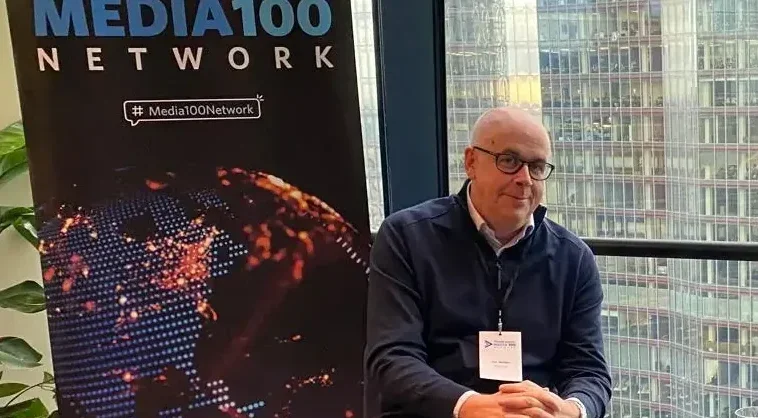

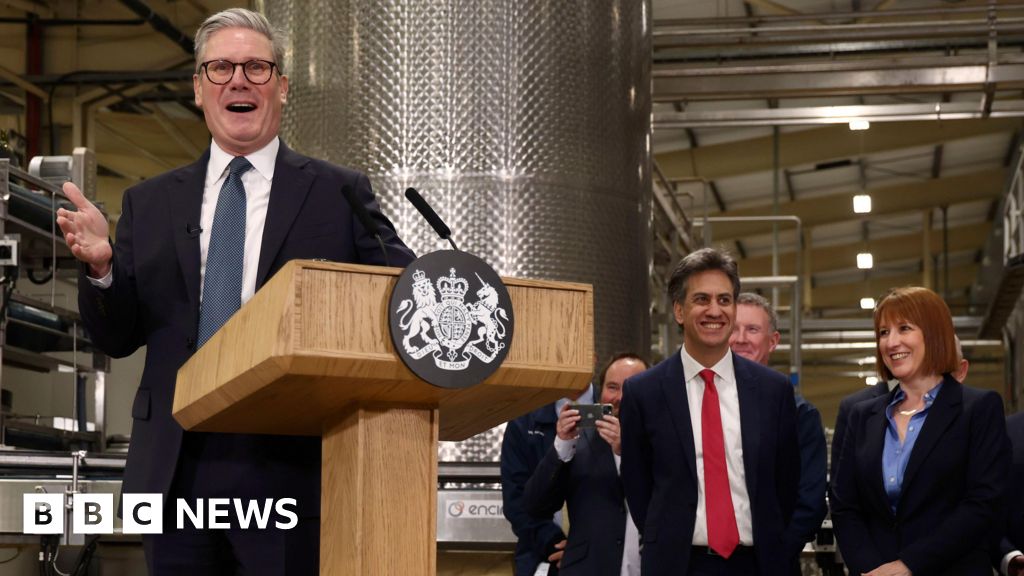

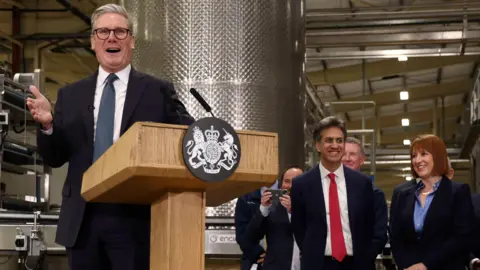
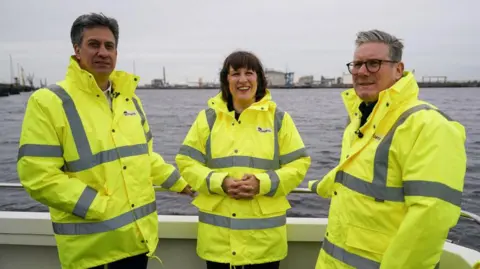
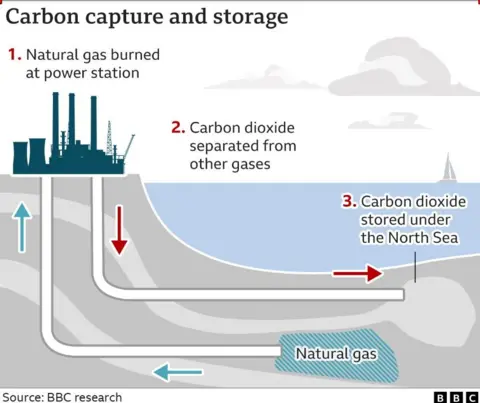





































































































































You must be logged in to post a comment Login